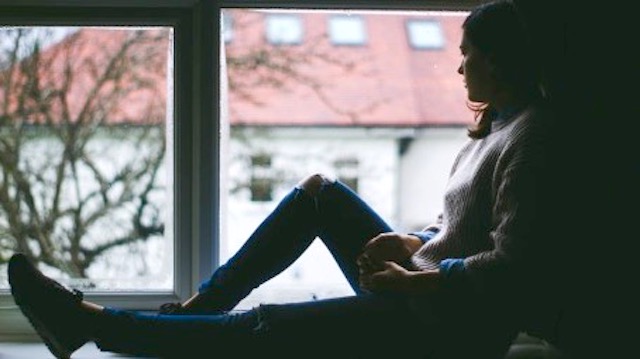Remember the good old days? When we could sing out loud at concerts or travel around the world? When coronavirus didn’t dictate our daily lives?
Although some countries have started to ease their restrictions, the world we knew before is not returning any time soon. Once again, recent COVID cases and lockdown in Sydney reminds us that coronavirus is present and very real.
The pandemic has deprived us of many things that were part of our normal daily life. Extended isolation is having a negative effect on mental health, especially for those with pre-existing mental health problems. Prior to the pandemic, the number of young people with psychological issues was on the rise; now we are seeing coronavirus posing a greater threat. In response to this, the Australian government is providing extra mental health support.
The 2020 National Youth Mental Health Survey found that one in two young people were unable to carry out their daily activities due to a decline in wellbeing. They reported that loneliness, depression and anxiety levels are highest among young adults, and they miss more things from pre-pandemic life than any other age group.
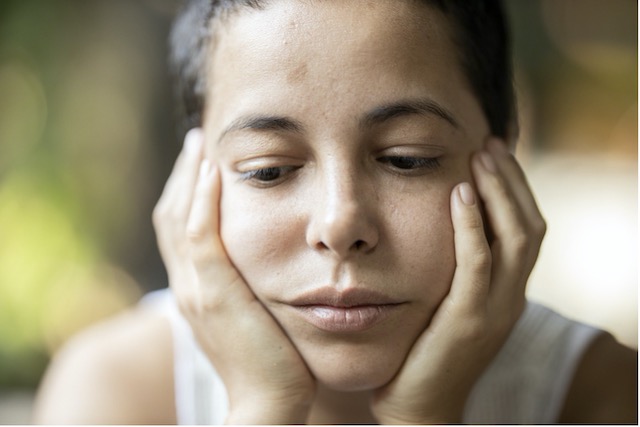
Federica Zavattini, 23, from Lombardy, a hard-hit region of Italy, was in full lockdown for months. When COVID first hit Italy in March last year, she was only allowed to travel 200 metres from her house, between 7 pm and 8 pm, and could be fined up to 3000€ for not observing restrictions. She was in her last year of undergraduate study in Milan, so once universities closed their doors, she had to return home to her village.
“I was used to living alone in a big city and when I was forced to go back to my parent’s home, I felt like a bird in a cage.”
After finishing her undergraduate degree in June last year, she had to postpone plans to begin further studies in London due to the severe COVID conditions in the UK.
“I’m currently working in an office and waiting to go to London in September, if the COVID situation doesn’t get worse by then.”
Since the beginning of the pandemic, she has been depressed and anxious about the future. “At the beginning of lockdown, I was crying every day because I thought I had no future when all my dreams, such as studying abroad, were falling apart,’’ Federica said.

Kotryna Norkeviciute, 25, from Vilnius, Lithuania, lost her graduate job in Oxford when the pandemic began last year. With no job and trapped far from home, she felt anxious. Finally, after months of unsuccessful job hunting and tight finances, she decided to return to her home country, where she now works as a student counsellor for studies abroad.
“When the outbreak started in March 2020, I was very scared because I had no idea when it was going to stop or how the situation was going to develop,” she said.
“I spent the first month of lockdown watching Netflix and sleeping to distract myself from the reality.”
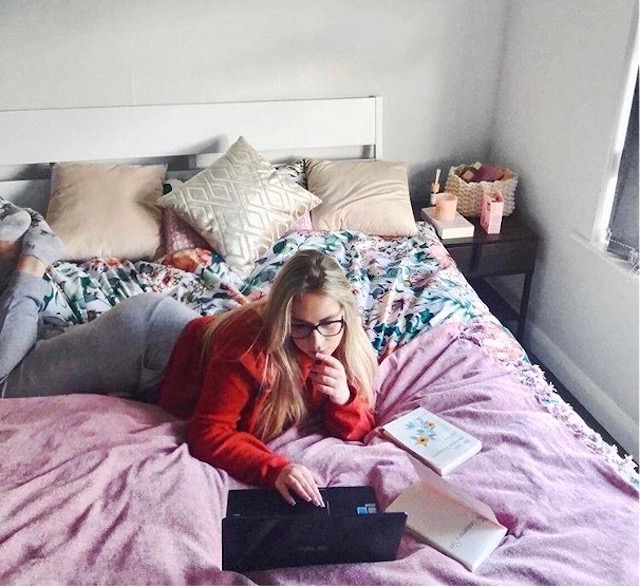
It is not uncommon that people fear the unknown. We like having control of our lives and when we don’t, we can feel anxious. Paul Slovic, a professor at the University of Oregon specialising in risk perception, told ABCNews: “Emotions are rational; their role is to protect us. Fear is rational; it helps us to avoid danger.”
Lockdown has done just that, bringing fear into Martina Andrisova’s life. “I’ve never liked huge crowds, but now I’m literally scared of people and trying to avoid them as much as possible. We’ve been told we should treat everybody around us as potentially infected.”
The 29-year-old has been working from home for more than a year and hasn’t yet met any of her colleagues in person.
“It was my first day at a new job when coronavirus entered the country in March 2020, so we were sent home early. I’ve been working for the company for more than one year and I’ve never been to the office.”
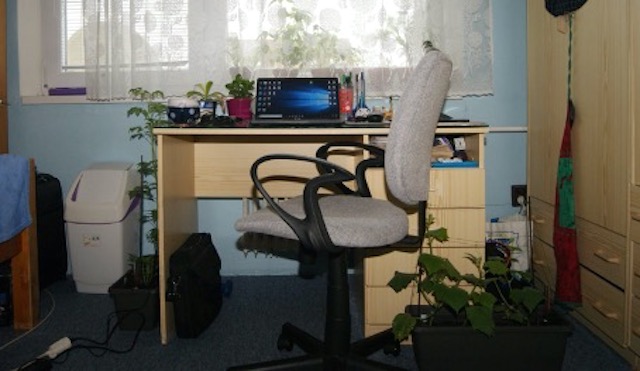
The time people are spending at home has increased drastically. Some are using it to learn new skills or practice hobbies, but for others this has created massive pressure.
“When you see all those people on social media using quarantine to exercise, paint, bake or draw, and I wasn’t doing any of these things, I was questioning myself: am I missing something?” Martina said.
Lack of motivation and distress is very common among young people. After all, how are they supposed to motivate themselves when the future is so uncertain and blurry? Dolores Pranjic, a student counsellor at the University of Zadar, Croatia, said it was important to establish a daily routine in quarantine. “Take care of your body: exercise, have a good sleep routine, allow yourself to process and experience emotions, and set realistic expectations.”
Mental health experts warn that the psychological impacts of coronavirus will be felt for a long time. It has affected everyone, not just those infected with the virus or those in strict lockdown. Coronavirus has forced us into a new way of living, with an even greater technological dependence. When the pandemic ends, people will have a hard time going back to ‘normal’ life.
“We have been inside our houses for so long that we forget what normal life looks like. It’s like we don’t feel anything anymore,” Federica said. “I’m constantly afraid of what will happen tomorrow or will a new lockdown be imposed. How long will we have to wear masks? How many people will die?”
And, like many others, she believe that society has changed for the worse. “People have less empathy for each other, they criticise everything around them and have a negative outlook on life,’’ she said.
Martina is also worried: “I hope I won’t be too scared to meet and approach people and that I won’t practice social distancing for the rest of my life.”
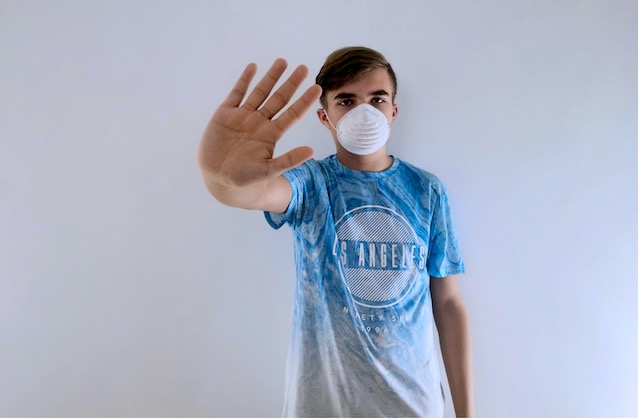
But there may be a silver lining – developing greater appreciation for what we have – according to Kotryana.
“I will pay more attention to my family and friends. I didn’t talk with them as much as I should have because I always thought there’s tomorrow; we have infinity, we have forever, but now I know I have to live more in the moment.”
Regardless of how coronavirus has impacted our lives, we are all unsure of what the future will look like. More than ever, looking after our mental health is important, especially during the pandemic.
If you are experiencing depression, anxiety or any other mental health problems, you can reach out to free 24/7 counselling services such as: Lifeline, Beyond Blue or Kids Helpline (for young people aged 5-25).

